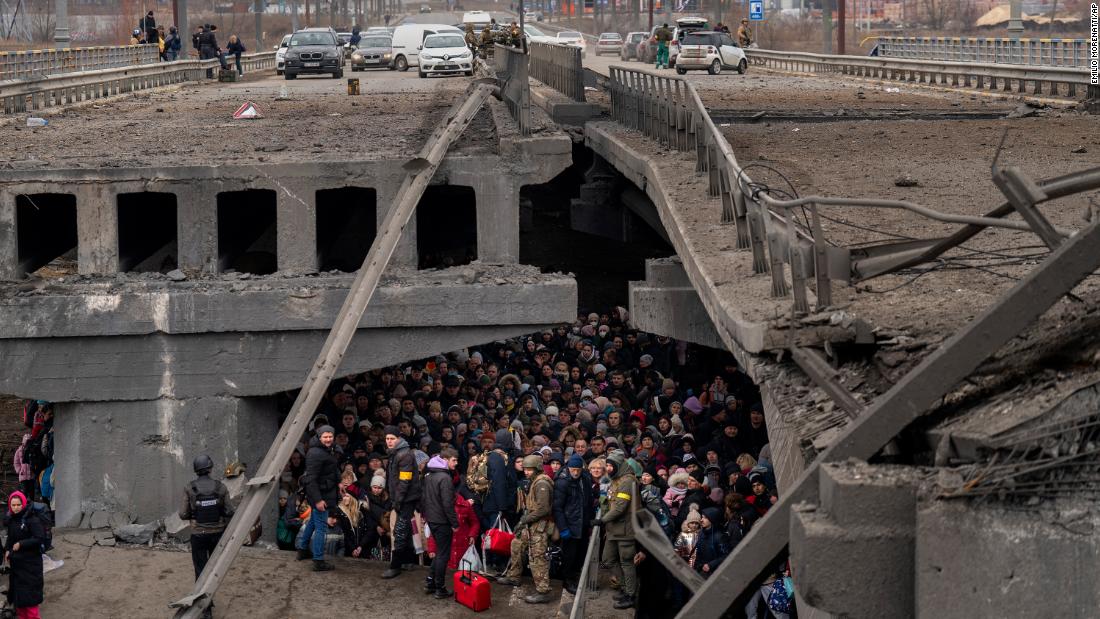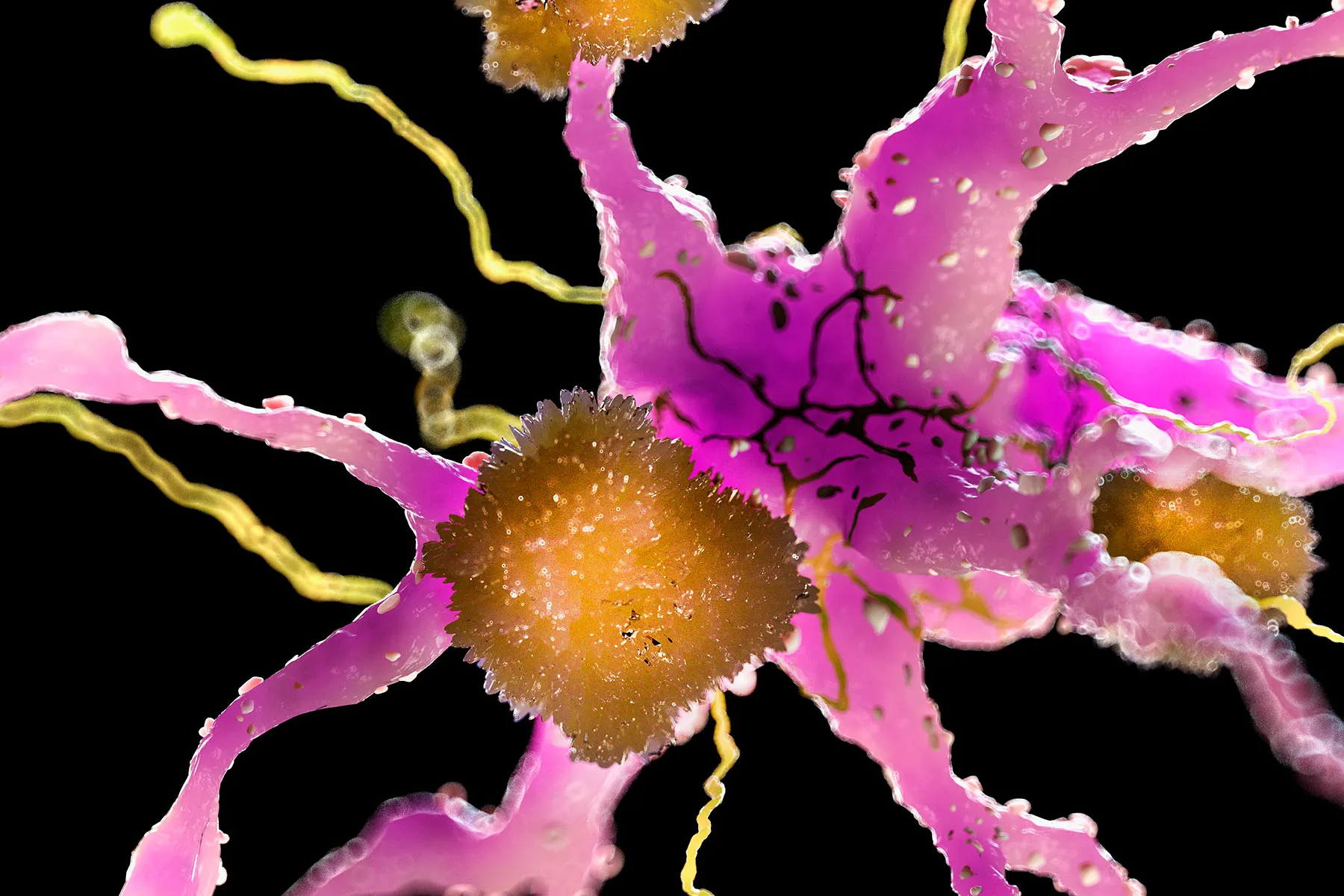‘Our Hands are Tied’: Cops Join Struggle Against Progressive DAs
In recent months, Austin police have ignored residents' calls for help, saying reform-focused District Attorneys won't prosecute the crime, so the police's "hands are tied." In a conversation with TCR, Alissa Marque Heydari of the Institute for Innovation in Prosecution suggests police and prosecutors "remain in communication and work toward a common goal."

In recent months, when civilians in Austin, Tx., have called on the police to report that they’ve been victims of a crime, some have received a surprising response from the men and women sworn to protect them.
The Intercept reports that members of the Austin Police Department (APD) tell residents they can’t respond to certain calls for help because reform-focused district attorneys won’t prosecute the crime; therefore the police won’t assist.
Austin is not the only city experiencing a power struggle between tough-on-crime advocates and so-called “progressive” prosecutors.
In California, San Francisco District Attorney Chesa Boudin has faced “increasing scrutiny” since the start of the year, mainly because Boudin reportedly failed to prosecute a man responsible for a fatal hit-and-run, sparking outrage and a GoFundMe page titled “Hold the DA and SF accountable to the people of SF.”
Further south, a recall movement is seeking to oust Los Angeles DA George Gascón over policies that opponents say pit public safety at risk. (Gascón himself is a police veteran: he was a senior officer in the LAPD and police chief in San Francisco and Mesa, Az.
In Virginia, a group called the Virginians for Safe Communities announced this summer a recall campaign against three liberal prosecutors in Northern Virginia, according to the Washington Post.
The group has been collecting signatures to oust Steve Descano in Fairfax County, Buta Biberaj in Loudoun County, and Parisa Dehghani-Tafti in Arlington County — all Democrats.
The Virginia group blames the prosecutors for the increase in crime, arguing that “they’ve gone soft on criminals,” according to the Associated Press.
But the battle between police and the DA in Austin takes the struggle to a new level.
‘Our Hands are Tied’
While there are no policies in the Austin District Attorney’s office that say police are forbidden from intervening in crimes or making arrests, some officers are telling residents their “hands are tied.”

Photo by Austin Police Department via Flickr.
Police point to sentencing reforms that remove incarceration for low-level offenses as well as reductions in budgets that they claim make it “futile” to go after many offenders, The Intercept reports.
According to The Intercept, the push to climb down policing is spearheaded by local police unions who are also pushing a November ballot measure requiring the city to hire hundreds of new officers next year.
Alissa Heydari, deputy director of the Institute for Innovation in Prosecution (IIP) at John Jay College, says police, tough-on-crime advocates and reformers need to move beyond what has become an increasingly counterproductive debate.
Although police and prosecutors are finding it difficult to see eye-to-eye in some jurisdictions, that doesn’t mean that their goals of accountability and justice are misaligned, she said.

Alissa Marque Heydari, photo via the Institute for Innovation in Prosecution.
“Although it is always essential for prosecutors to retain independence from the police and implement policies that promote police accountability, it is important that police and prosecutors remain in communication and work toward a common goal,” Heydari wrote in an email to The Crime Report.
“Prosecutors will have an easier time putting innovative policies into place if they consistently communicate to the police upcoming changes in policy, and the reasons behind those changes.”
The key point is that many of the “tough-on-crime” policies pursued in the past have little significant impact on criminal behavior, according to Heydari.
Heydari wrote:
“There is a growing body of evidence that makes clear that so-called “tough on crime” policies, lengthy prison sentences, and overcriminalization of low-level crime do not deter future crime. And while these policies don’t keep us safer, they inflict tremendous harm on communities of color and low-income communities. Modern prosecutors understand these facts and are offering a new path toward sustainable public safety.”
She added that calling the new policies “soft on crime” is wrong.
“I’d call that smart, not ‘soft,’ ” wrote Heydari.
Austin Prosecutors Strike Back
Many advocates believe the Austin police department’s protest is connected with the election last month of Travis County Attorney José Garza, a proponent of progressive policies, according to the Texas Observer.
Garza campaigned on pledges to end low-level drug prosecutions, prioritize mental health treatment over criminal punishment, and to hold officers with criminal charges accountable.

Jose Garza
He has since called reports of officers not responding to calls “disturbing” and asked the APD to “set aside political agendas and remain focused on the jobs we have been entrusted with.”
While not commenting on the APD situation specifically, Heydari argued it was long past time to rethink many prosecutorial priorities.
“Sustainable public safety doesn’t come from overreliance on arrests and incarceration,” she wrote in her online correspondence. “It comes from addressing the underlying issues that lead to crime — addiction, homelessness, and poverty.”
Proponents of prosecutorial discretion argue that the type of over-policing practiced in many parts of the U.S. isn’t sustainable.
“Sweeping these problems [of addiction, homelessness, and poverty] under the rug by making huge numbers of low-level arrests is a temporary fix that undermines long-term solutions.”
“The public needs to understand this, but so too must police and prosecutors.”
The Police Perspective
Members of the APD say they are hamstrung by a decision by the city council to reallocate $150 million from the $434 million police department budget.
Beyond saying they don’t have enough officers or the funds, APD also spoke out against a new policy where prosecutors reject cases before a suspect is booked if they think the case lacks evidence, according to an ABC News affiliate.
Officers say they feel it’s an “affront to their work,” but progressive prosecutors believe this practice lets them “weed out flawed cases early” to tend to the ones with substantial evidence.
Now, to combat the progressive prosecutor’s changes, the local law enforcement interest groups have launched a campaign for a ballot measure that would require APD to hire 300 to 500 new officers next year, depending on U.S. Census data.
Additional Reading: Can the ‘Progressive Prosecutor’ Movement Survive?
Andrea Cipriano is a TCR staff writer.

 Landwebs
Landwebs 























